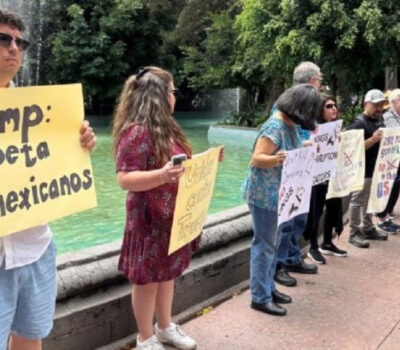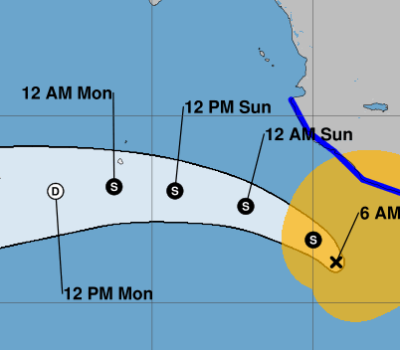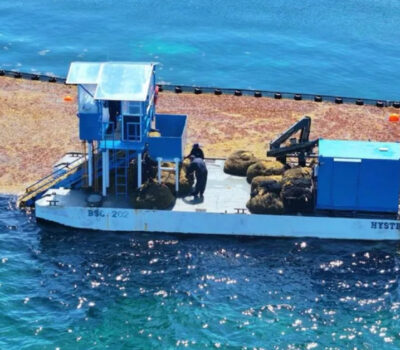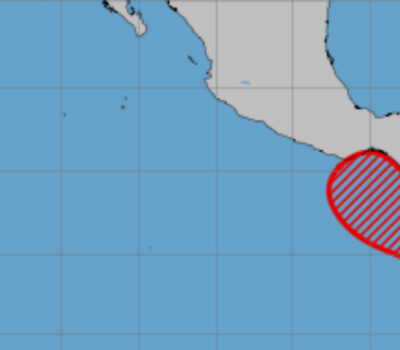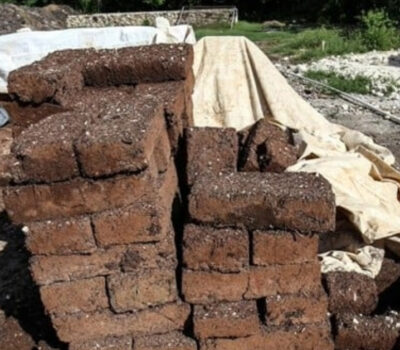New rules in Cancún limit bar and club hours to 3 a.m. in tourist areas and 2 a.m. in urban zones. The measure aims to reduce domestic violence and accidents.
As of last night, June 15, new operating hours for bars, clubs, and restaurants are in effect across Cancún, Quintana Roo. The state government, led by Governor Mara Lezama, introduced the changes as part of a broader initiative to restore public safety and reduce the social harms linked to excessive alcohol consumption.
Under the new policy, establishments in Cancún’s bustling tourist zone must now close by 3:00 a.m., while those in urban neighborhoods are required to shut down by 2:00 a.m. The change applies to all nightlife venues, including bars, nightclubs, and restaurants that serve alcohol.
Governor Lezama announced the measure in a video posted on social media, framing it as a vital part of the state’s peace-building strategy. “This is a much-needed measure that is part of the comprehensive strategy for building peace and restoring the social fabric,” she said.
Lezama pointed to a direct link between late-night alcohol sales and a rise in road accidents and domestic violence, particularly against vulnerable groups.
“The goal is to prevent road accidents and reduce domestic violence associated with excessive alcohol consumption,” Lezama explained. “Many women, girls, boys, and older adults experience violence in the context of addictions that are hurting and breaking up our families.”
The announcement comes amid growing concerns about the social consequences of unchecked nightlife activities in Cancún, one of Mexico’s most popular tourist destinations. Despite its international appeal, the city has struggled with alcohol-related crime, reckless driving incidents, and reports of gender-based violence.
The new regulation is being enforced through coordinated inspections carried out by the state government, in partnership with the National Supervision Service (SATQ), the Inspection Department, and the General Secretariat of the local city council.
Officials say they will monitor compliance not only in legitimate establishments but also at informal and illegal alcohol sales points scattered throughout the city.
“We will be conducting operations to monitor compliance with these schedules in Cancún’s nightclubs, as well as in illegal alcohol sales outlets,” the governor said.
The move has drawn mixed reactions. Some business owners have raised concerns about potential economic impacts on tourism-dependent venues, especially in the wake of a slow recovery from the pandemic. However, state officials stress that long-term public safety and well-being must take precedence.
Lezama emphasized that the effort to build a safer Cancún requires collective participation. “Achieving greater peace in the state requires the support of business owners, workers, and citizens,” she said. “Cancún needs healthy, harmonious, and peaceful environments.”
As the new policy rolls out, the government says it will continue working with local stakeholders to ensure the rules are followed and that the city’s nightlife can thrive in a safer, more responsible manner.
New rules in Cancún limit bar and club hours to 3 a.m. in tourist areas and 2 a.m. in . . .




